 |
| June 10, 2021 |
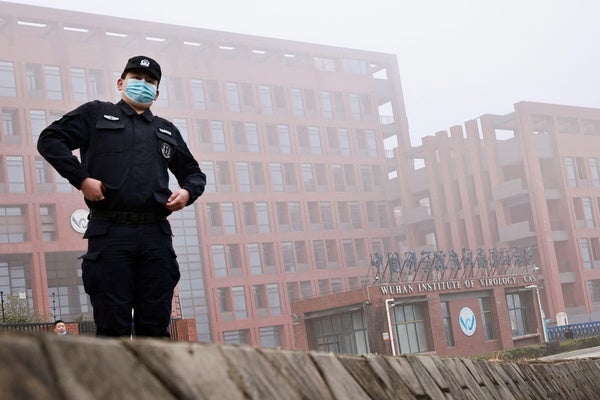 |
| |
| |
| |
| |
| |
| |
| |
| Public Health Covid, Quickly: A Pop-Up Podcast Every two weeks, Scientific American's senior health editors Tanya Lewis and Josh Fischman catch you up on the essential developments in the pandemic: from vaccines to new variants and everything in between | | By Tanya Lewis,Josh Fischman,Jeffery DelViscio | | | |
| |
| |
| |
| |
FROM THE STORE
 | | How to Do Anything Better When we think about the things we do every day—driving, working, parenting—we realize that even with tasks we are generally good at, there is always room for improvement. As always, science is on the case. This eBook contains a collection of columns written by Sunny Sea Gold, a health and psychology journalist whose work has appeared in O: The Oprah Magazine and Parents. These selections, published by Scientific American between 2009 – 2017, offer practical tips for acing life from nailing that job interview to giving the perfect gift. |  | | |
| |
FROM THE ARCHIVE
 | | | |
| |
LATEST ISSUES
 |
| |
| Questions? Comments?  | |
| Download the Scientific American App |
| |
| |



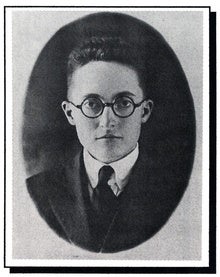
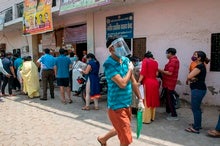
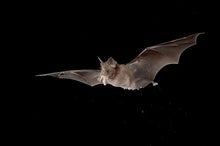
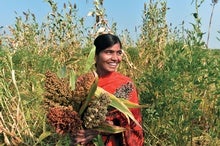
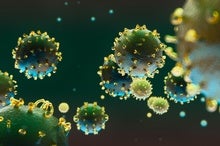
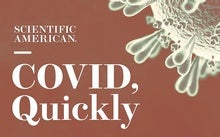
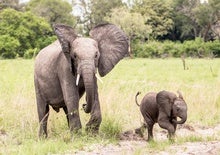
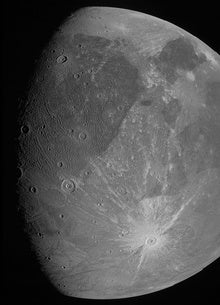
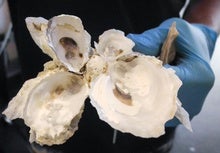
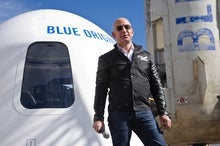
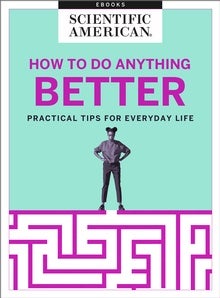




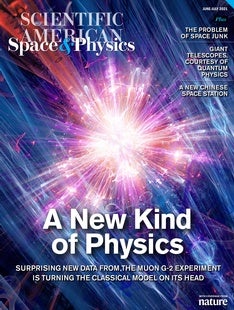

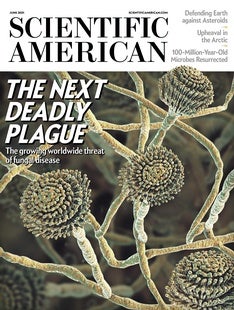
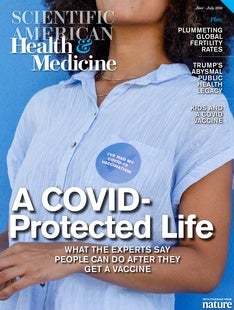
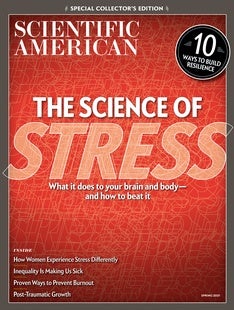



Comments
Post a Comment